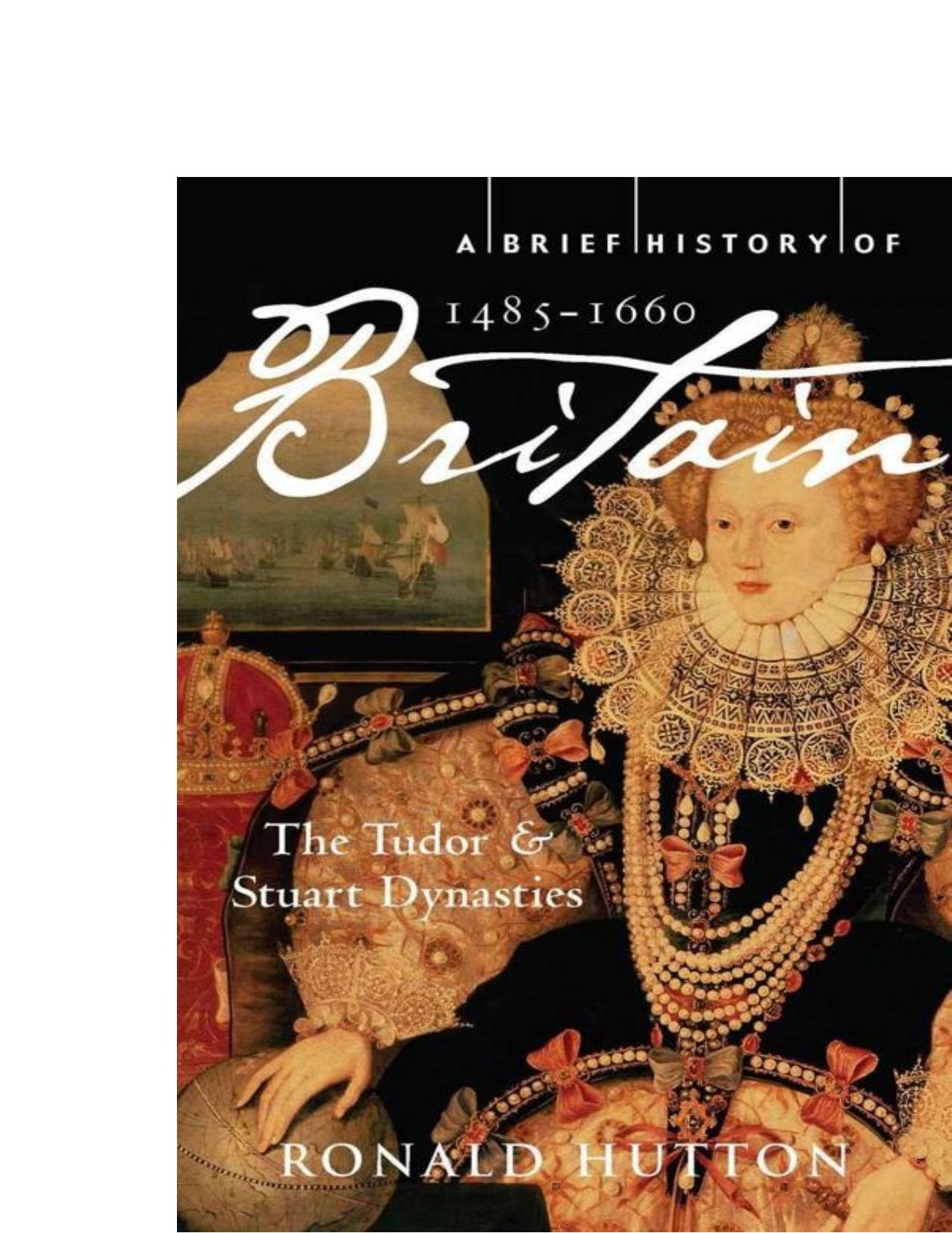A Brief History of Britain 1485–1660 by Hutton Ronald

Author:Hutton, Ronald [Hutton, Ronald]
Language: rus
Format: epub, pdf
ISBN: 9781845297046
Publisher: Constable Robinson
Published: 2011-06-16T20:00:00+00:00
Witchcraft
One spectacular expression of those tensions was the trial and execution of individuals suspected of witchcraft: that is, of harming other human beings, or their possessions, by the use of uncanny powers. It is worth emphasizing that modern Western society is most unusual in refusing to believe that this sort of harm is possible. Most communities across the world have done so, throughout recorded time, and those of ancient Europe certainly did: the death penalty for it is recorded in the codes of the pagan Roman Empire and among the peoples to the north of it who were to form most of the medieval states which succeeded it. Trials for the offence are recorded throughout the Middle Ages, in Britain as elsewhere, but they were relatively rare. Christians harboured serious doubts regarding the willingness of their all-powerful and entirely good god to allow evil spirits and evil people to deploy supernatural power against humans, and discounted some ancient witch beliefs as superstition. The burden of proof that a person was bewitched was often placed on the accuser; and it is inherently difficult to demonstrate that an act of magic has been committed. What changed everything was the evolution of Western Christian theology, during the later Middle Ages, to credit its God with having permitted the devil the ability to perform actual acts of harm against humans, using other humans as his agents. From this it was a short step, taken in the 1420s and 1430s, to believing in a newly appeared and terrifying heresy, of people who secretly worshipped Satan and were rewarded with the gift of demonic servants who would injure neighbours against whom they harboured grudges. However potent, this idea was slow to mature, only claiming a few thousand victims in a corridor running from Italy up to the Netherlands during the next 150 years.
What really set it loose across Europe was the struggle between Protestant and Catholic, in which the fight against satanic witchcraft became one aspect of the general programme of reformers and counter-reformers. As the Continent’s wars of religion peaked in the period between 1560 and 1650, so did the witch trials in most regions. All this is certainly true of Britain, where the transformation of witchcraft into a capital crime, rather than a concern for churchmen, was first attempted, briefly, as part of the Henrician Reformation. It was the Elizabethan one which completed the work, joined simultaneously by that in Scotland: in 1563 Parliaments in both nations enacted statutes prescribing the death penalty for deeds of witchcraft, which were to remain in force for almost 200 years.
The total number of people put to death will never be calculated with precision, because of the loss of local legal records. The most recent expert estimates run at 400–500 in England and Wales and anything between 800 and 2,500 in Scotland, which would give Britain approximately 4 per cent of the total number of executions likely to have occurred in early modern Europe. The higher Scottish body
Download
A Brief History of Britain 1485–1660 by Hutton Ronald.pdf
This site does not store any files on its server. We only index and link to content provided by other sites. Please contact the content providers to delete copyright contents if any and email us, we'll remove relevant links or contents immediately.
What's Done in Darkness by Kayla Perrin(25501)
Shot Through the Heart: DI Grace Fisher 2 by Isabelle Grey(18220)
Shot Through the Heart by Mercy Celeste(18160)
The Fifty Shades Trilogy & Grey by E L James(17777)
The 3rd Cycle of the Betrayed Series Collection: Extremely Controversial Historical Thrillers (Betrayed Series Boxed set) by McCray Carolyn(13190)
The Subtle Art of Not Giving a F*ck by Mark Manson(12916)
Scorched Earth by Nick Kyme(11834)
Stepbrother Stories 2 - 21 Taboo Story Collection (Brother Sister Stepbrother Stepsister Taboo Pseudo Incest Family Virgin Creampie Pregnant Forced Pregnancy Breeding) by Roxi Harding(11041)
Drei Generationen auf dem Jakobsweg by Stein Pia(10218)
Suna by Ziefle Pia(10186)
Scythe by Neal Shusterman(9265)
International Relations from the Global South; Worlds of Difference; First Edition by Arlene B. Tickner & Karen Smith(8614)
Successful Proposal Strategies for Small Businesses: Using Knowledge Management ot Win Govenment, Private Sector, and International Contracts 3rd Edition by Robert Frey(8419)
This is Going to Hurt by Adam Kay(7699)
Dirty Filthy Fix: A Fixed Trilogy Novella by Laurelin Paige(6455)
He Loves Me...KNOT by RC Boldt(5805)
How to Make Love to a Negro Without Getting Tired by Dany LaFerrière(5378)
Interdimensional Brothel by F4U(5305)
Thankful For Her by Alexa Riley(5164)
